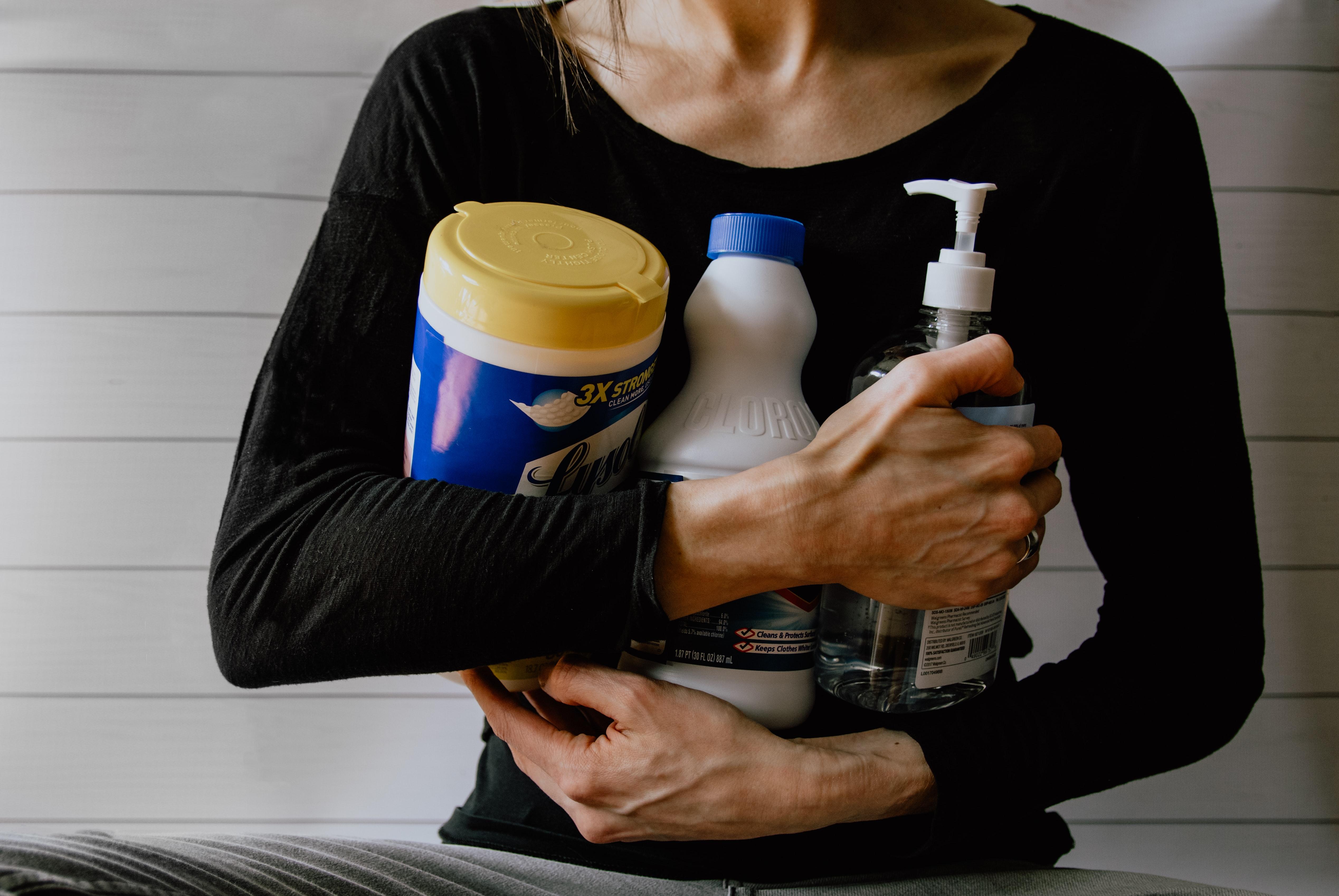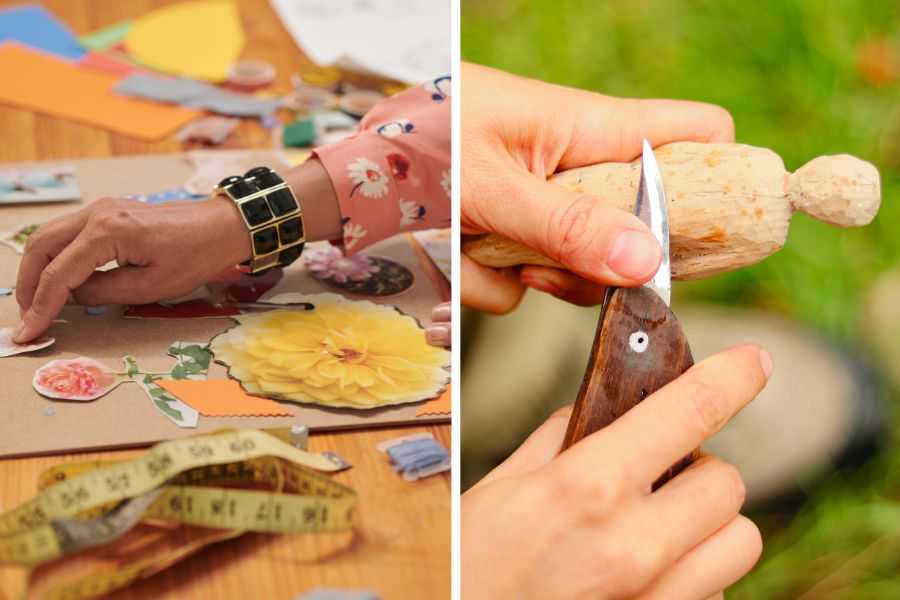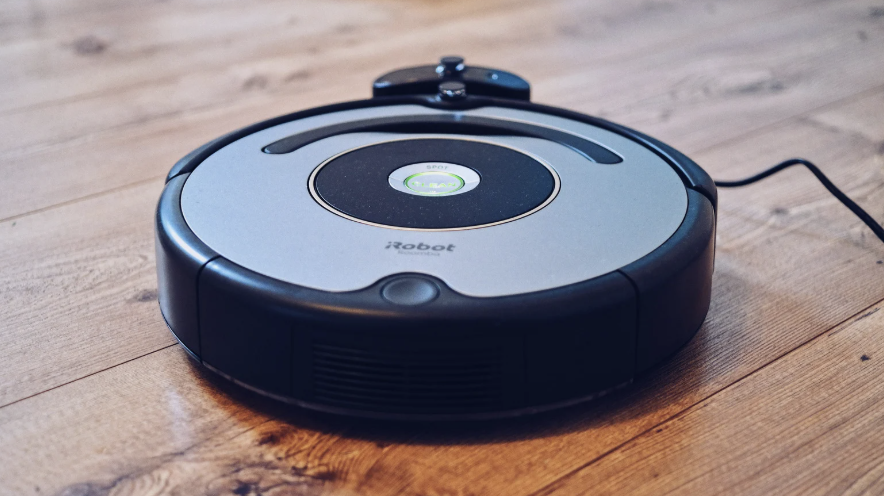When you think about it, 18 years really isn’t a lot of time to learn all the things you need to know before you move into adulthood. Any parent or caregiver can attest that the first five years of a child’s life is spent trying to make sure they don’t accidentally seriously maim themselves, or worse. But just when you think that stage has passed, it rears its underdeveloped frontal cortex again in the early teen years. That doesn’t leave much time for solidifying all the “common knowledge” things parents need to teach their kids before they move out.
Someone on Reddit asked the question, “What’s some basic knowledge that a scary amount of people don’t know?” and the people did not disappoint. Or maybe they did disappoint since this is about things that should be common sense, but aren’t. Either way, the people on Reddit had a lot to say about the things that should’ve been learned before adulthood and some of them may surprise even the adultiest adult. There were more than 28,000 responses. Here’s the top 10…
1. Water and grease don’t mix.
This little bit of advice seems like a no-brainer until you add in the element of fire. One commenter explained that you should never put water on a grease fire, which can go against some people’s instinct when they see a fire blazing. A grease fire can occur when you’re cooking with something that requires grease, such as fried chicken or sauteed vegetables. The grease catches a flame under the pan and whoosh, you no longer have eyebrows. Grease fires are best smothered with a lid, or a substance like flour, salt or whatever is inside fire extinguishers.

2. Mixing cleaning products can be deadly.
Most people know not to mix bleach and ammonia, but not everyone knows not to mix other cleaning Items together. A commenter reminded people that mixing bleach and Pine-Sol can create toxic fumes that can absolutely be deadly if too much of the fumes build up in the room. Someone else chimed in that mixing any cleaning solutions together is not a good idea unless you’re a chemist and know exactly which compounds are safe to mix.
3. Having a basic knowledge of female anatomy is helpful.
Surprisingly, or maybe not surprisingly, a lot of people don’t seem to know that people with female anatomy do not in fact urinate out of their actual vagina. There was some confusion as to where it actually come from and for some users the Pikachu shocked face was definitely happening on the other side of the screen. If you are also unaware, I won’t tell. Just lean in close so no one else hears. There’s a small hole above the vagina called a urethra. That’s where pee comes from.

4. Don’t believe natural always means good for you.
This little tidbit of information may make some people upset, but one user said, “Just because it’s natural doesn’t mean it is automatically healthy. Just because it is artificial or synthetic doesn’t mean it is automatically bad for you.” Lots of things are natural that are not good for you, for instance, arsenic. It’s certainly natural, but I wouldn’t be in a rush test its healing properties.
5. If you’re being questioned, the police are not your friend.
Maybe some people missed this in TV shows centered around law enforcement, but as one commenter helpfully pointed out, “cops can lie to you.” They can, they will and they do. Police officers are allowed to make up anything they want in an effort to gather information from someone who could be a person of interest. The advice under this comment is to ask for a lawyer and invoke your right to remain silent.

6. How to spot an obvious scam.
You’d think if it was obvious then people wouldn’t fall for it, but the truth is, scammers have been getting more and more clever. According to commenters, people have been posting about falling for scams that involve a fake astronaut and one where they send you money only for you to send it back, so in turn they send you a larger amount. There’s even one where people call you and have more information than they should but then they demand you pay off your debt in Apple gift cards. Some of these may be really obvious to some people, but to others, fear kicks in and they do what they’re told, which is what the scammers are banking on.
7. Accounting for the weight a semi-truck carries.
We’ve all seen it happen, someone cuts in front of a semi-truck and slows down or slams on brakes because they didn’t realize there was a slower car in front of the truck. This is dangerous and can be deadly. One Reddit user is imploring people to know how long it takes for a semi-truck to stop and hundreds of others are nodding their heads in agreement.

8. How to tell if your food has gone bad.
Ahh, the old sniff test. One commenter used to work at a meat department and says he would regularly get phone calls from people asking how to tell if their food had gone bad. Though the person didn’t have a “smellophone” to help answer the callers’ questions, he does make a good point by saying everyone should know how to tell if their meat or food has gone past the point of no return.
9. Not all news online is real.
Remember back in the day when our parents were super skeptical of this wizardry known as the internet and would wag their finger saying “don’t believe everything you read on the internet”? I do. The funny thing is, it was probably much safer to believe what was on the internet in the early days of the world wide web than it is now. Not all news sites are created equal and some sites deliberately put out false and inflammatory information. Deciphering what’s true and untrue is a skill everyone should hone.

10. Evidenced-based reading should be focused more heavily on in high school.
Researching information on the internet isn’t enough if you don’t know how to search for and read scholarly peer-reviewed articles. Not only should you know how to read scholarly articles, but you should also know how to read the research included in the articles. The commenters feel that this skill will help people stay educated and better able to decipher truth in things shared online.
While some of these things may seem like common sense to you, they’re not common sense to everyone. Hopefully someone learned something new today. If you want the nearly 30,000 responses, you can see them here.





























































